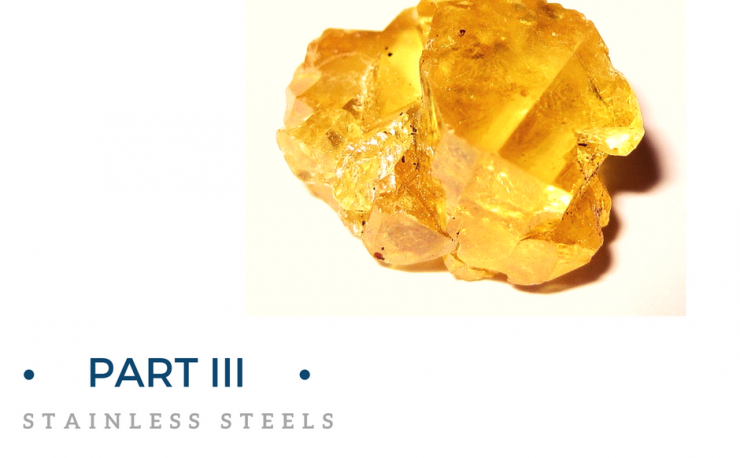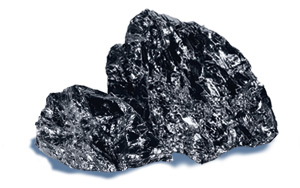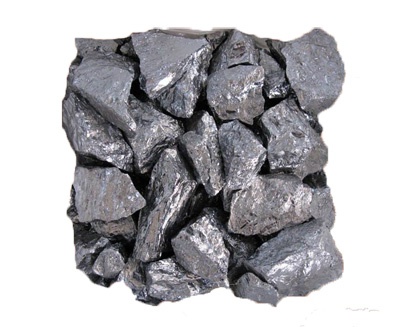
Alloying Elements. What’re the Effects on Stainless Steels? After chromium, aluminum and carbon, today is the last post about the effect of alloying elements on stainless steels.
The last 6 alloy elements and their effect on steel.
SILICON:
- it is an element capable of providing hot oxidation resistance (flake)
- often it is used in refractory steels
- it dissolves in the liquid matrix, without giving rise to this carbides:
– improves resistance to hardening by solid solution
– decreases the resistance to pitting corrosion (which increases when in the presence of molybdenum)
– raises the characteristics of magnetic permeability and electric resistivity
SELENIUM:
- thanks to its most globular morphology (useful for chip machining time fragmentation) can replace sulphur
- compared to sulphur, affects less on toughness and the degree of surface finishing
- annealing the manganese sulphides (but having a high cost is used only in special cases)
- has limited use (almost in disrepair) because of its high toxicity.
SULPHUR:
- improves machinability but decreases the corrosion resistance
- reduces friction between chips and seizure problems avoiding tool
TITANIUM:
- is a stabilizing element that prevents the precipitation of chrome carbides during heat treatment and welding
- useful in order to counter the intergranular corrosion.
TUNGSTEN:
- useful in order to counter the intergranular corrosion
- useful for some austenitic steels, in order to strengthen the mechanical properties in heat.
VANADIUM:
- has the same characteristic of tungsten.
Find out availability, prices and discount of our AISI 304 and AISI 316 stainless steel items. Come on our web shop! Sign in it’s easy.
{{cta(’93d8fa53-5a4a-4d3e-911c-65dc685a4baa’,’justifycenter’)}}